Palestine
-
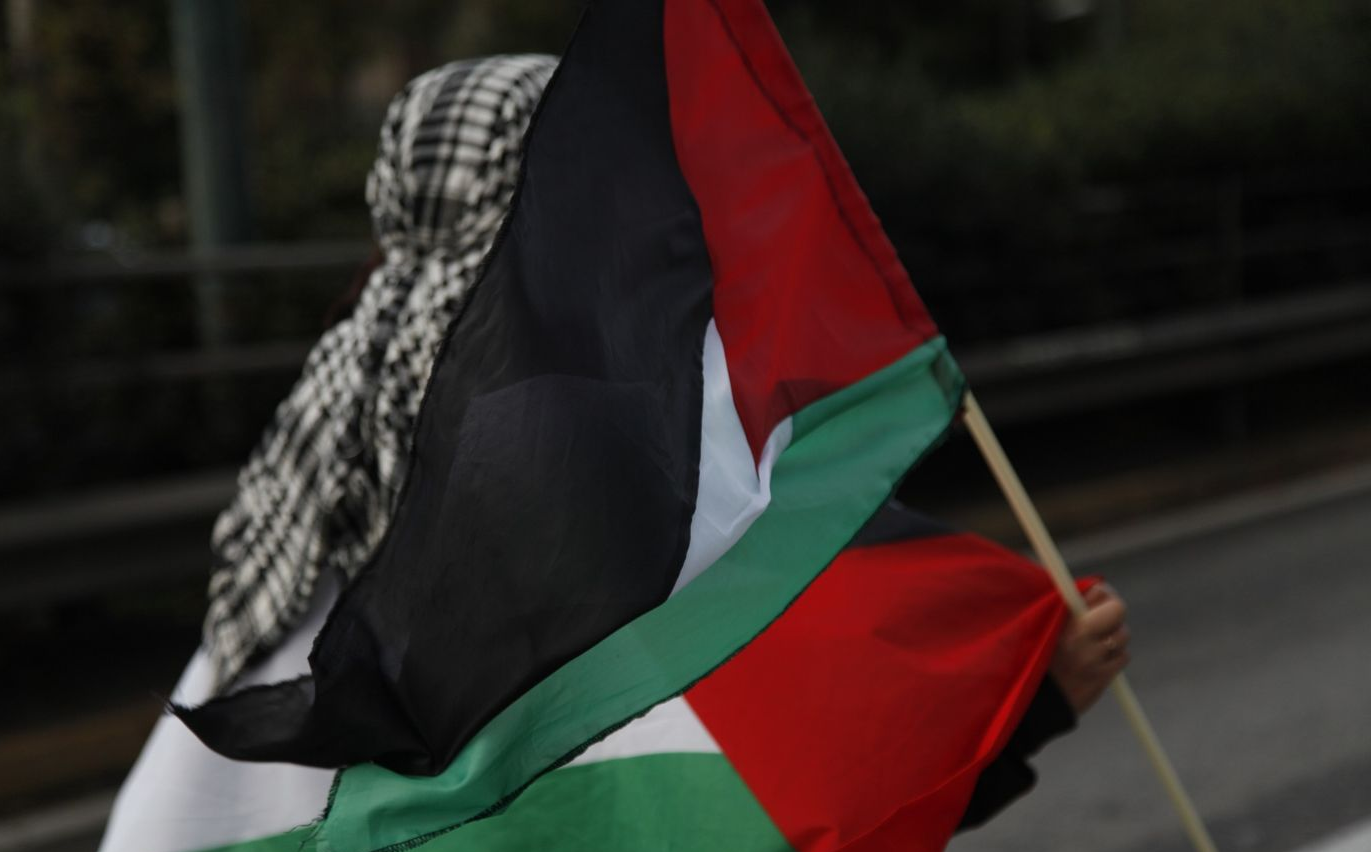
Palestine Between Propaganda and Betrayal
•
As expected, the IAEA has finally issued its resolution against Iran. Now, the case will likely be reviewed by the UN Security Council. In response, the Islamic regime quickly claimed it would build a new enrichment facility in a “more secure” location! But that means it would take at least…
-
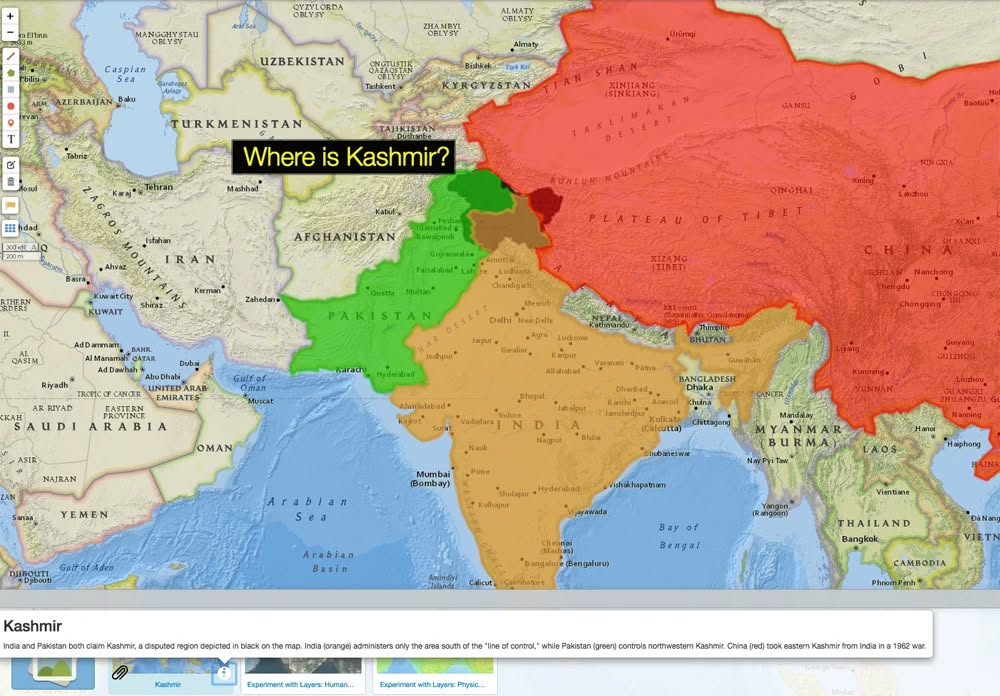
Narratives and Realities: Why Kashmir Doesn’t Fit the Script
•
I’ve followed Sahasranshu Dash for some time—initially through his public posts and online commentary. What drew me in was his clarity: sharp, unapologetic, and willing to cut through ideological noise. But it was after the April 22, 2025, suicide attack in Kashmir that his reflections began to carry a heavier…
-

Banners in the Wind, Walls at the Border
•
In late 2006, I took part in a small gathering in Sanandaj for World Children’s Day. We held signs that said children deserve education, not war—hardly a radical demand. Most of us were under 25. Some were students, some workers, some artists. We were thinking about Afghan children without access…
-
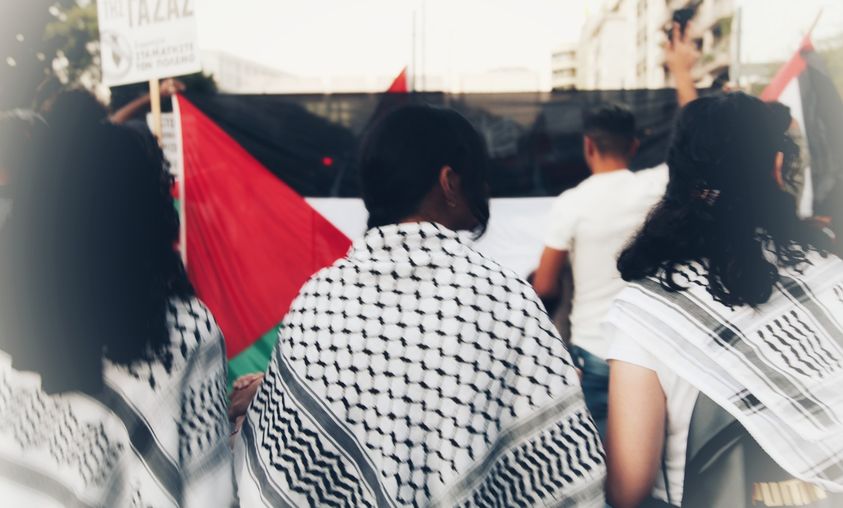
The Machinery of Death and the Myth of Resistance
•
The ceasefire is not a gift from Donald Trump. It’s the result of a temporary exhaustion of the machinery of death. Killing costs money, after all, and even the West can only dress up its carnage as a fight against terror for so long before the façade starts to crack.…
-
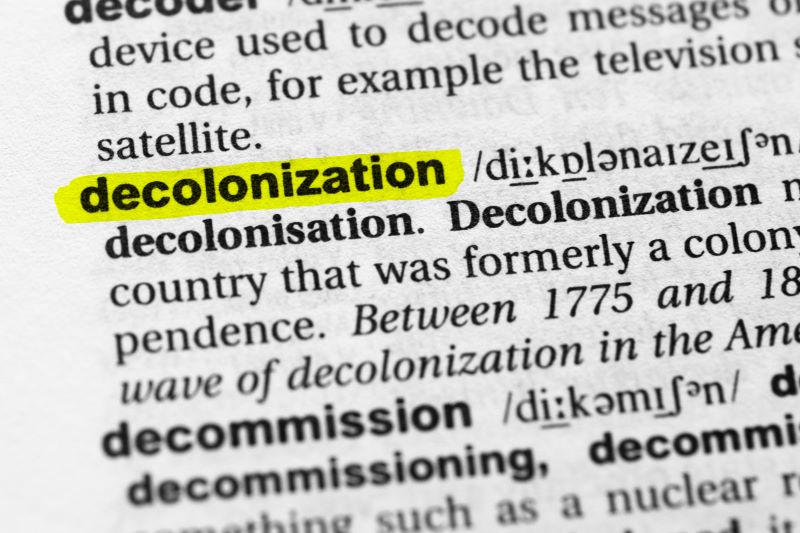
Decolonization vs. Social Justice: Key Differences
•
Lately, you might have noticed the word “decolonization” popping up in conversations about social justice, education, and even mental health. It’s become a buzzword, a way to signal progressive thinking or a commitment to fairness. But at its core, decolonization isn’t about improvement or reform. It isn’t a metaphor to…
-
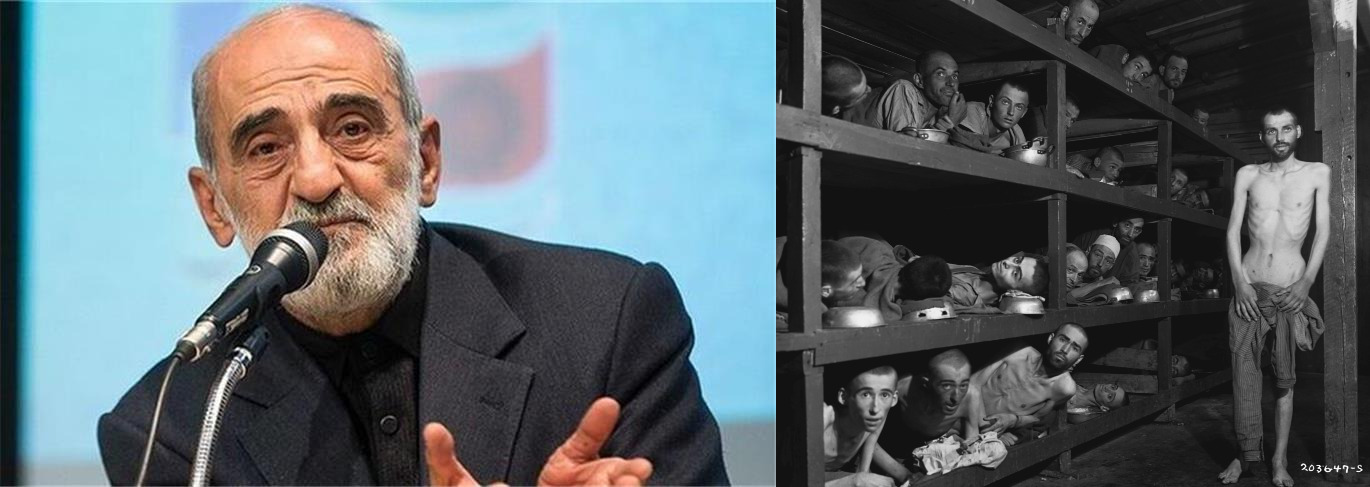
The Face of Hate: How Islamic Regime Feeds on Anti-Semitic Lies
•
Shariatmadari, a former interrogator from the 1980s and now the mouthpiece of Ali Khamenei, reflects a dark legacy in his editorial work. He distorts the global outrage over Palestinian suffering to propagate hateful narratives reminiscent of fascism. His recent statements accuse the German government of Zionist control and dismiss the…
-
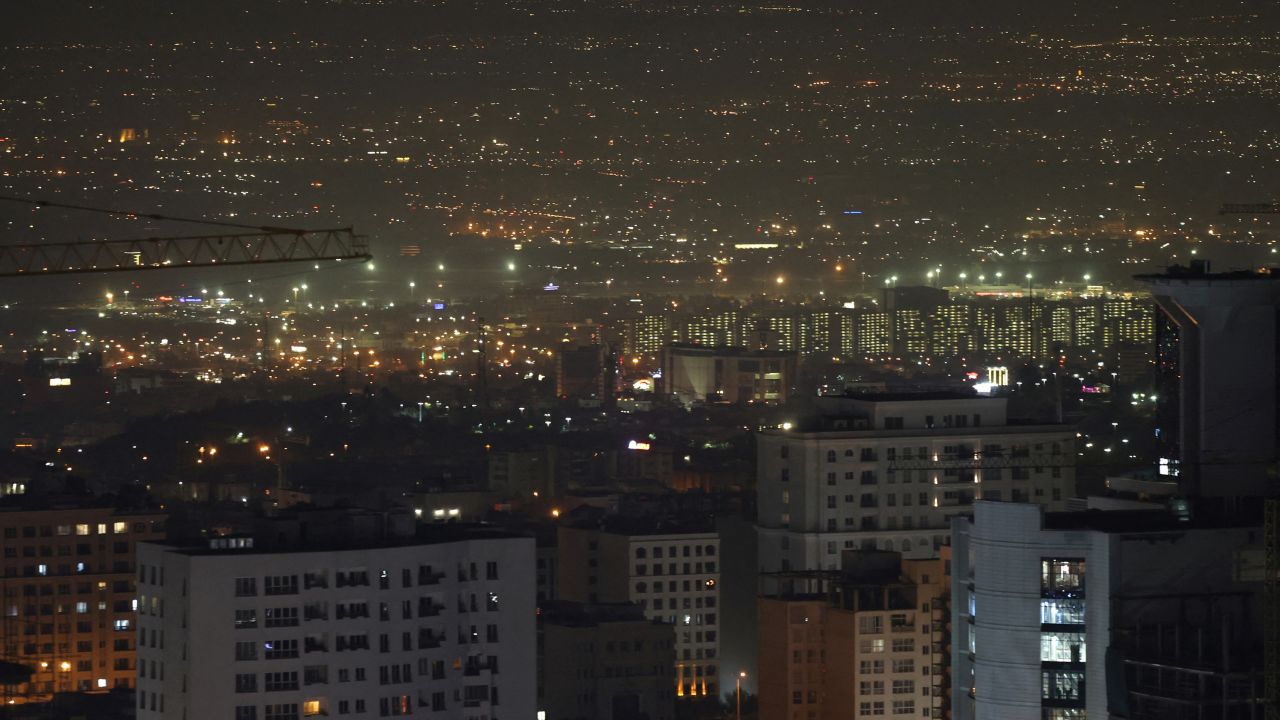
Iran-Israel Tensions: The Shadow of Military Strikes
•
The escalating tensions between Iran and Israel have resulted in a complex situation with recent military actions unclarified by either side. Israel claims to have struck 20 targets deep within Iran, including a factory known for industrial machinery, while Iranian authorities dismiss these claims as false. The IRGC promotes a…
-

Breaking Down Orientalist Views of Politics
•
Last October, I was talking with friends about the situation. Week after week, it became clear to me: they didn’t care about defending Palestine, or standing with oppressed people, or fighting against colonialism. It was only about fighting Israel, at any cost. I had a conversation with a Palestinian friend…
-
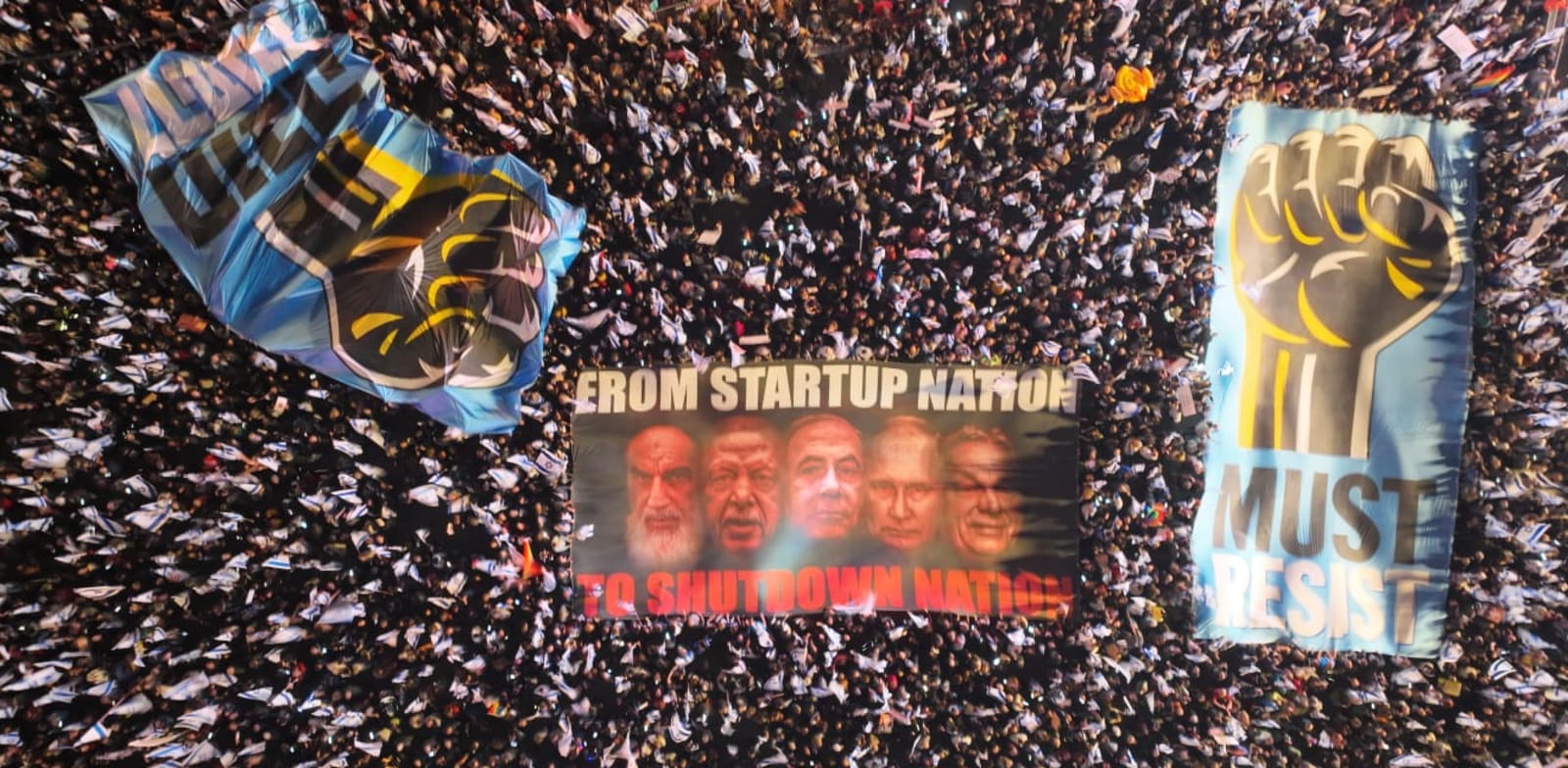
The Anti-Colonial Dilemma: Israel and Palestinian Liberation
•
What we face today on the global left is a fundamental issue, not just with ideology, but with clarity of purpose. There’s a fixation on the destruction of Israel, a vision rooted in an anti-Semitic worldview. It’s crucial to confront this head-on. The struggle for Palestinian liberation, over the past…
-
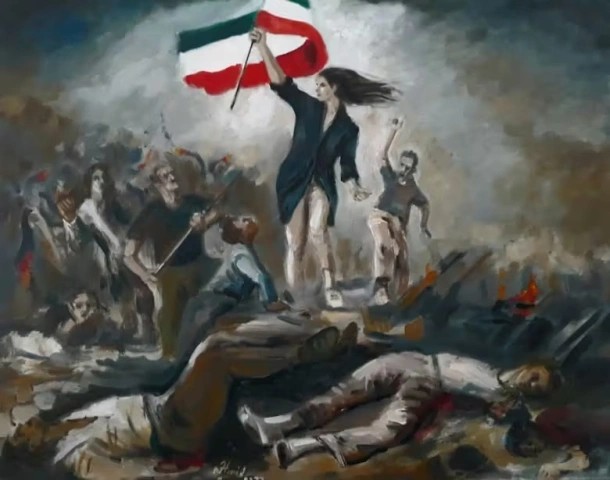
Iran on the Brink: War, Fascism, and the West’s Hypocrisy
•
The people in the West, standing up for Palestine over the past year, are doing something important. It’s true, some of them also hold racist and Orientalist views, supporting Islamic fascism without realizing it. But for us Iranians, the fight against Islamic fascism and the struggle for Palestinian liberation are…
-
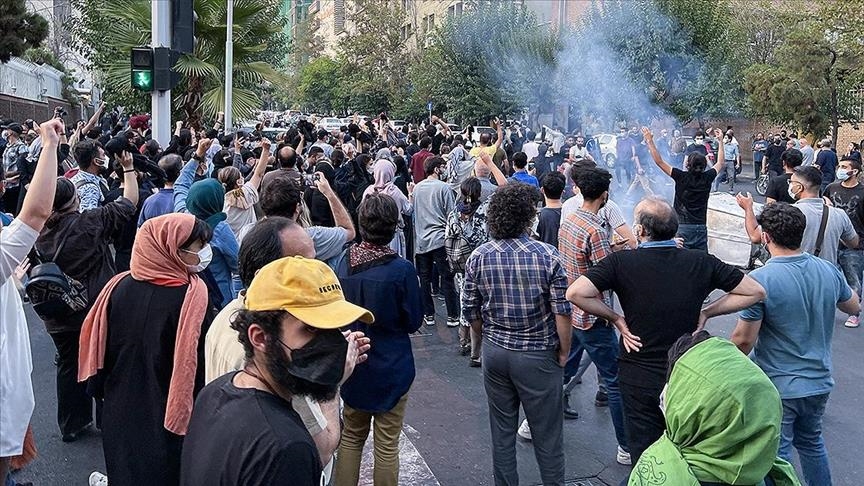
The Geopolitical Implications of Ismail Haniyeh’s Assassination
•
It is undeniable that the assassination of Ismail Haniyeh involved cooperation from high-ranking security officials of the Islamic Republic. The assassination of Ismail Haniyeh, while aiding Netanyahu’s agenda, has broader implications for the Middle East. It underscores the fragile nature of political alliances and the continuous struggle for power in…
-
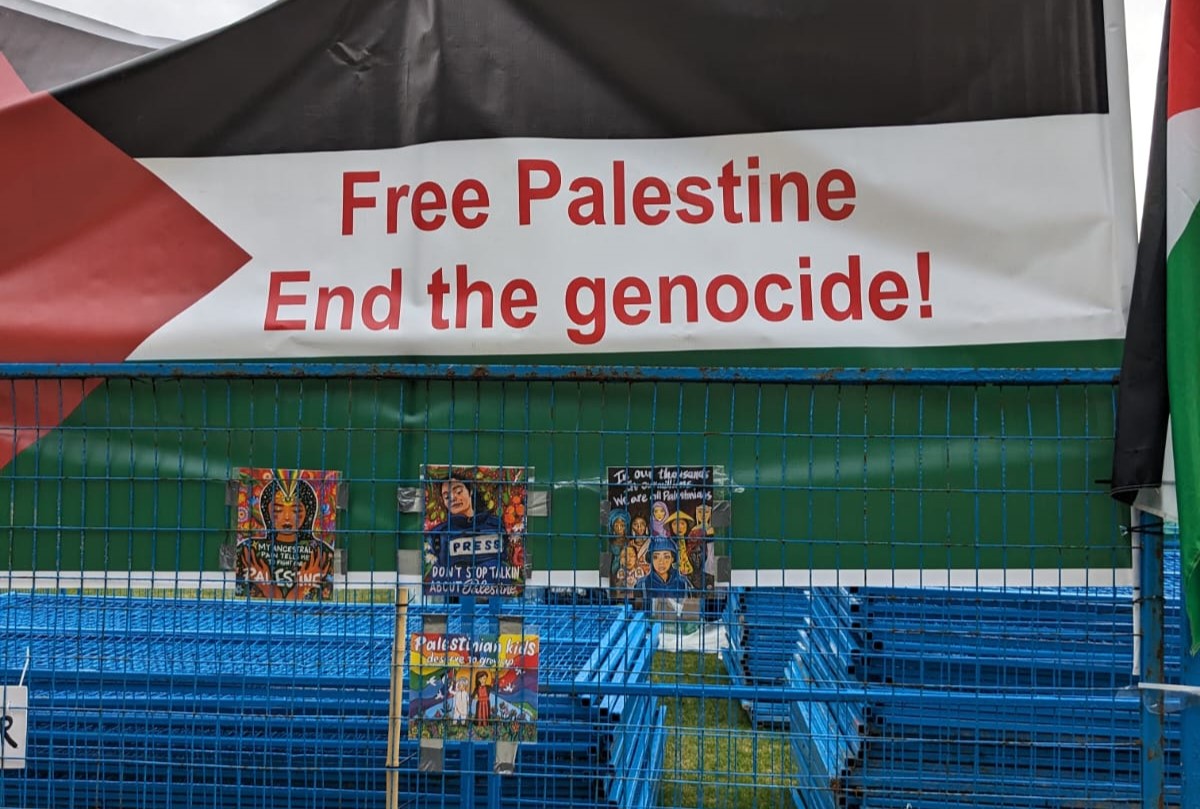
Disclose and Divest: UofT Students Support Palestine
•
Students at the University of Toronto have established a tent encampment on their campus advocating for Palestinian rights. They demand transparency in tuition spending to ensure it doesn’t support the Israeli government and ask for divestment from companies that oppress Palestinians. A large march is planned, and external groups are…



